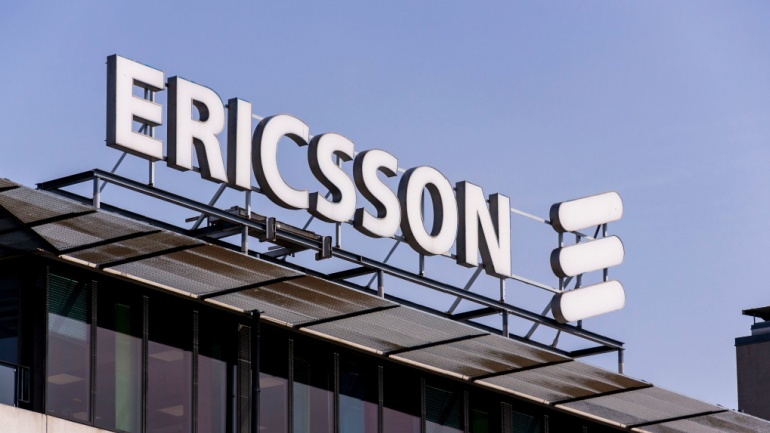The telecom industry faces a turning point as 5G emerges and 6G approaches. For telecom operators, adopting agile VoIP solutions could be transformative. Traditional systems are often expensive and cumbersome, hindering innovation. By embracing cloud-native, no-code platforms, operators can boost revenue, streamline operations, and enhance customer satisfaction, staying competitive.
Eurofiber is set for robust growth through a strategic M&A approach under CEO Alex Goldblum’s leadership. This expansion focuses on increasing their infrastructure in key areas like the Netherlands, Belgium, France, and Germany. This strategy aligns perfectly with the rising demand for VOIP services and cloud connectivity. Backed by strong private equity partnerships, Eurofiber is positioned to navigate challenges efficiently, ensuring it remains a dominant force in European digital infrastructure. This strategic focus is pivotal as businesses increasingly seek reliable connectivity solutions. Eurofiber’s path promises significant developments for the VOIP market in Western Europe.
Europe’s digital infrastructure wave is captivating stakeholders, especially data centers. A €1.7 billion Deutsche Glasfaser deal highlights this boom amid complex AI Gigafactory delays. As demand for cloud computing and VoIP services rises, data center investments promise growth despite energy challenges. Fibre networks further boost connectivity, vital for VoIP advancements.
Madrid is revolutionizing public safety by integrating advanced 5G capabilities into its emergency services. In collaboration with Orange and Ericsson, the city now boasts a dedicated 5G network slice for emergency responders. This ensures resilient, high-speed communication for police, fire, and medical teams, even amidst network congestion.
Vodafone and Three have unveiled plans to establish 400 UK-based customer service roles, reversing previous outsourcing trends. With the merger driving this change, Belfast and Sheffield will host these positions, enhancing Vodafone’s local presence. This recruitment aligns with Vodafone’s broader commitment to fortifying UK connectivity and support.
2025 marked a transformative era for the Test and Measurement sector, with groundbreaking advancements from orbital data centers to photonic AI satellites. A crucial highlight was Vodafone’s collaboration for 5G SA networks, enhancing telecom with automated software. Emerging markets like AI data centers and satellite communications experienced a notable focus shift.
The latest Ookla report reveals that cellular connections now surpass Wi-Fi at U.S. airports, averaging double the download speed. Travelers, who traditionally relied on public Wi-Fi, are shifting towards cellular services from major carriers like Verizon, T-Mobile, and AT&T for faster, more secure connections. This trend highlights the need for improved VoIP reliability at airports.
Ericsson is redefining its approach in the private 5G sector, aiming to challenge doubts about its telco legacy in adapting to enterprise needs. By merging dedicated private networks with indoor coverage, Ericsson targets enterprises seeking strong 5G connectivity. Their experience in large-scale deployments ensures innovative, mission-critical solutions for robust wireless communication.
Vodafone is making waves in the telecommunications world with plans to upgrade their network and boost B2B IT capabilities. These moves promise big changes as SpaceMobile gears up to leverage its value. By focusing on core markets and exploring innovative solutions like branded calling, Vodafone aims to transform connectivity and enhance user experiences.
The UK government’s Barrier Busting Task Force aims to address increasing demand for high-speed internet by removing obstacles in deploying Gigabit upgrades in multi-dwelling units. This initiative, in collaboration with organizations like CityFibre and the Internet Service Providers’ Association, focuses on enhancing VoIP connectivity across the UK while simplifying access rights legislation.













